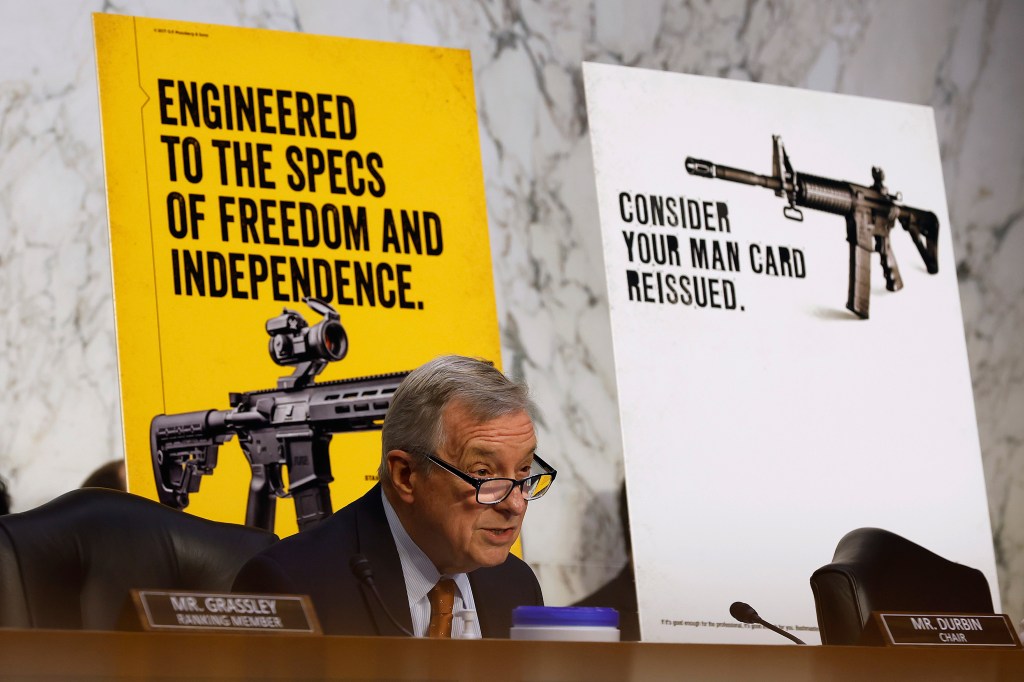Myanmar will barrel ahead with its planned November 8 general election despite calls to push it back as coronavirus cases multiply into the thousands from just a few hundred last month.
Myanmar’s Union Election Commission (UEC) has rejected calls from opposition parties to postpone the vote, saying this week that polls will comply with health guidelines.
Videos by VICE
Opposition groups, including the military-backed Union Solidarity and Development Party and the People’s Pioneer Party, called for the delay after fresh outbreaks in Rakhine State and the commercial capital Yangon prompted new lockdown measures.
“The government should not sacrifice the people… If it’s not suitable to hold the election, postpone it,” Than Htay, head of the military-linked Union Solidarity and Development Party, said.
Myanmar had not been hit hard by the virus until now, as cases reached 3,500 in less than a month, with the health ministry reporting 203 new cases on Tuesday, Sept. 15. The country has had limited COVID-19 testing capability since the start of the pandemic and a weak healthcare system after decades of neglect under the former military regime.
Leader Aung San Suu Kyi’s National League for Democracy party declined to call for the postponement but said it would respect the election commission and health ministry’s decision to delay if they see fit.
“Delaying the election by one and a half months won’t make the situation better. That’s why we believe we should hold the election if things are not getting worse,” NLD spokesperson Dr. Myo Nyunt told AP.
Yangon-based political analyst Richard Horsey said that under Myanmar law elections can be delayed but that the government will likely push through with the vote in November.
“The election commission has the power to postpone elections in constituencies where elections cannot be held for security reasons or due to natural disaster (such as COVID-19), as well as more general powers that it could use to postpone the whole election,” Horsey told VICE News.
But postponing beyond January could be problematic, he added, as legislative terms that will end on January 31 would need to be extended.
The November vote is a crucial test for Aung San Suu Kyi, who led her party to a landslide and historic victory in 2015 but has faced international condemnation over her handling of the Rohingya crisis that erupted two years later.
In keeping with social distancing measures, Suu Kyi kicked off the 60-day campaign period last week wearing a face mask, face shield and gloves. She was forced to hold a subdued ceremony after her first election event was cancelled on advice from health officials.
The election commission told local media it was coming up with plans that would keep voters safe, including opening 600 more polling stations in virus-hit Yangon.
Parties and candidates were also allowed to spend money providing face masks, gloves and hand sanitizers to pass out to voters.





